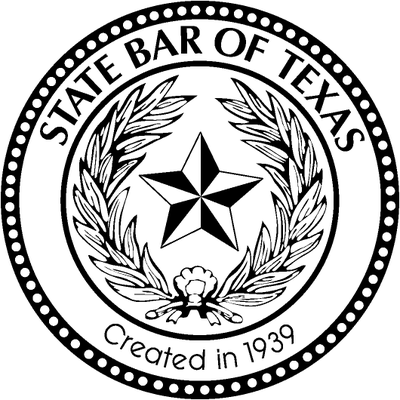This week, the Texas Supreme Court decided that the Lilly Ledbetter Fair Pay Act does not apply to the Texas Commission on Human Rights Act (TCHRA), the state law mirroring Title VII. (Click here for my previous blog covering the oral argument of this case.)
The Lilly Ledbetter Fair Pay Act amended Title VII to provide that a discriminatory pay decision occurs each time a paycheck is received and not just when an initial salary decision is made. That means that under federal law, an employee has 180 days after each discriminatory paycheck to bring a claim. According to the Texas Supreme Court’s decision in Chatha v. Prairie View A&M University, however, under state law, an employee has 180 days from the date she is informed of the discriminatory pay decision to bring a claim.
Accordingly, unless the Texas Legislature adopts a law mirroring the Lilly Ledbetter Fair Pay Act, employers’ potential exposure for pay discrimination is much greater under federal law than under state law. In addition, an employee who wants to bring a claim for pay discrimination more than 180 days from the date she was informed of the discriminatory pay decision will want to file suit in a place not generally known for its hospitality to employees: federal court.









